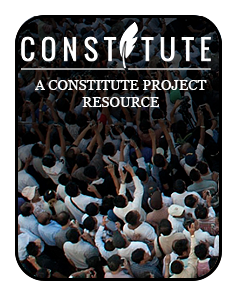Location
Although known to Arab and Malay sailors as early as the 10th century, Mauritius was first explored by the Portuguese in the 16th century and subsequently settled by the Dutch - who named it in honor of Prince Maurits van NASSAU - in the 17th century. The French assumed control in 1715, developing the island into an important naval base overseeing Indian Ocean trade, and establishing a plantation economy of sugar cane. The British captured the island in 1810, during the Napoleonic Wars. Mauritius remained a strategically important British naval base, and later an air station, playing an important role during World War II for anti-submarine and convoy operations, as well as the collection of signals intelligence. Independence from the UK was attained in 1968. A stable democracy with regular free elections and a positive human rights record, the country has attracted considerable foreign investment and has one of Africa's highest per capita incomes.
Mauritius is a parliamentary republic.
Source: CIA World Factbook
Members:
Resources
Displaying 6 - 10 of 67Outer Islands Development Corporation Act (Act 41 of 1982).
This Act makes provision for the establishment of the Outer Islands Development Corporation as a body corporate. The Corporation shall— (a) be responsible for the management and development of the Outer Islands; (b) advise the Minister on— (i) the development of such activities as may lead to a more economic exploitation of the Outer Islands; (ii) the grant or determination of leases over the Outer Islands on such terms and conditions as shall warrant their optimum use. The Minister may make such regulations as he thinks fit for the purposes of this Act.
Constitution of Mauritius 1968 (rev. 2016)
The constitution was promulgated by Queen Elizabeth II through an Order in Council at independence.
Supreme Court (Mediation) Rules 2010 (G.N. 180 of 2010).
These Rules provide that any party to a civil suit, action, cause or matter which has been brought and is pending before the Supreme Court may apply to the Chief Justice for referral of such civil suit, action, cause or matter for mediation. The mediation Judge shall have all necessary powers to facilitate mediation between and among the parties to the dispute in order to enable them to reach an agreement so as to dispose of the civil suit, action, cause or matter pending between the parties.




